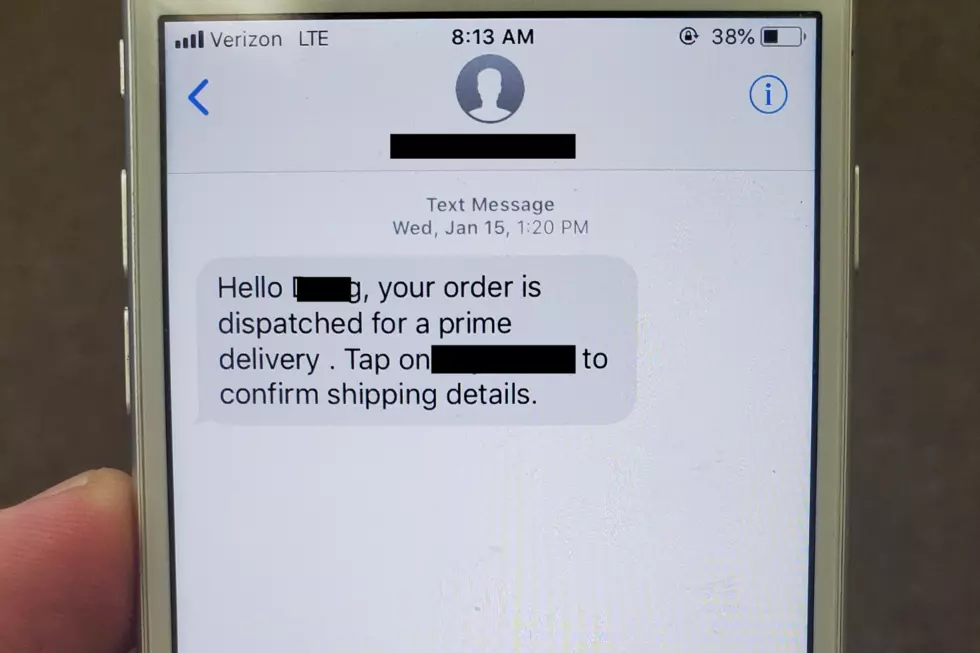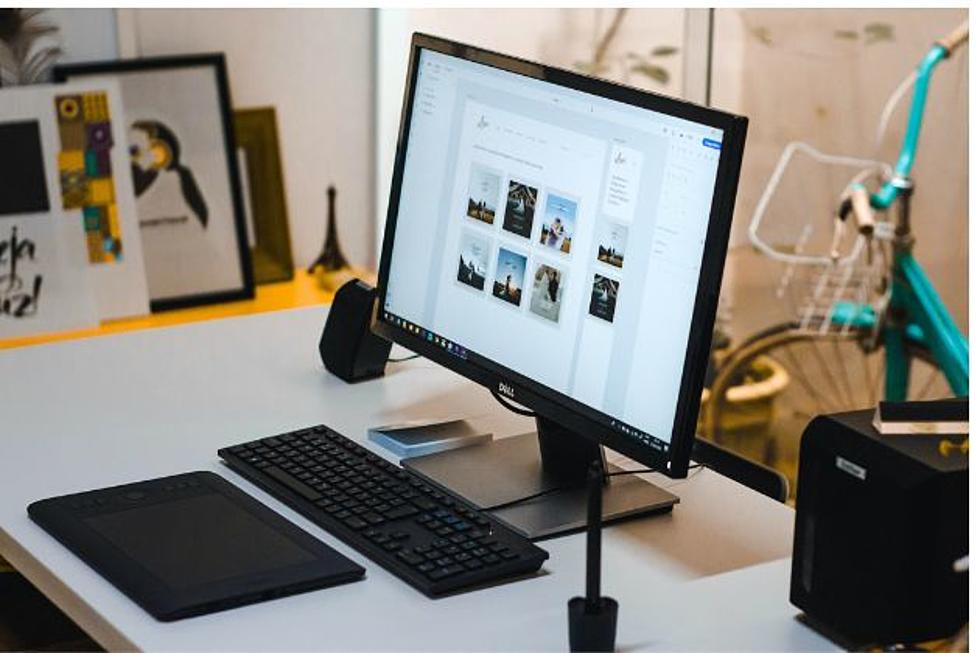
Better Business Bureau: Watch Out For Fake Package Delivery Scam
The Better Business Bureau is warning people to be on the lookout for the fake package delivery scam.
While the scam has been around for a few months, it has been seen in Wyoming in December and January.
The scam features a call, email or text message from someone claiming to that they have a package to deliver to you, or in some cases that they have tried to deliver a package but were not able to do so. If the scam is being conducted over the phone, the caller will ask you for personal information, possibly including credit card information.
If the scam is being done via email or text message, the will ask you to click on a link that may download malware onto your computer or smartphone. The malware can then be used by scammers to access personal information and passwords.
Needless to say, the supposed package does not exist.
The Better Business Bureau offers some advice for avoiding the scam:]
"How to Avoid Package Delivery Scams
- Be wary of unsolicited communications. Package delivery companies will never contact you unsolicited via telephone call. Instead, if a package cannot be delivered, they usually will leave a note on your door. They may follow up with an email, but most official communications will be within your secure online account.
- Track your packages. Always keep track of your online purchases and expected deliveries. Request tracking numbers so you will know when each package is due to arrive. When you know what you are expecting, it will be harder for a scammer to fool you with the claim of a fake package delivery.
- Never give your personal information to strangers. Even when the caller is friendly, always use caution when asked for personal information. You can always hang up, look up the official customer service number, and directly contact the company to confirm their request. Whenever possible, use the customer service contact information or chat function within your account at the company.
- Never click on links in unsolicited emails. Links in emails can download malware onto your computer. Don’t click links in emails from people you don’t know or from companies who you have not asked to be contacted by. Be wary of official-looking email; popular brands can easily be spoofed.'

More From KGAB









